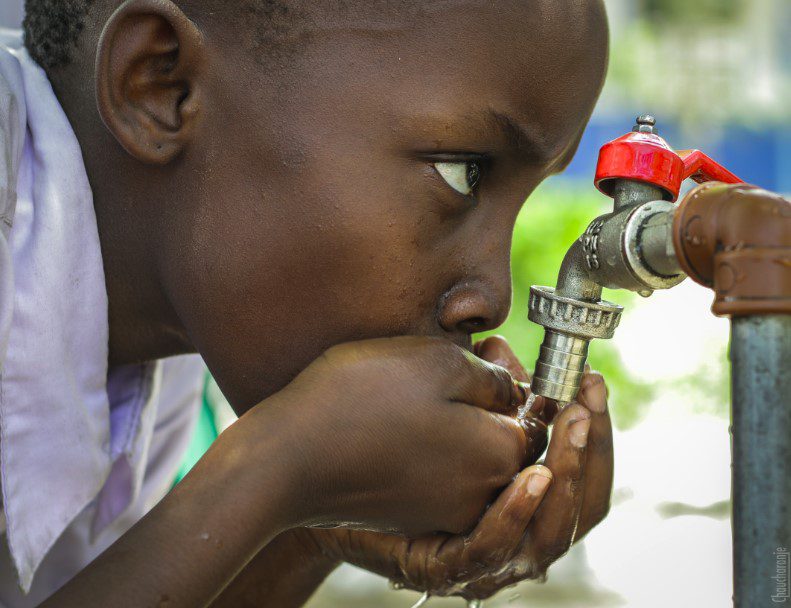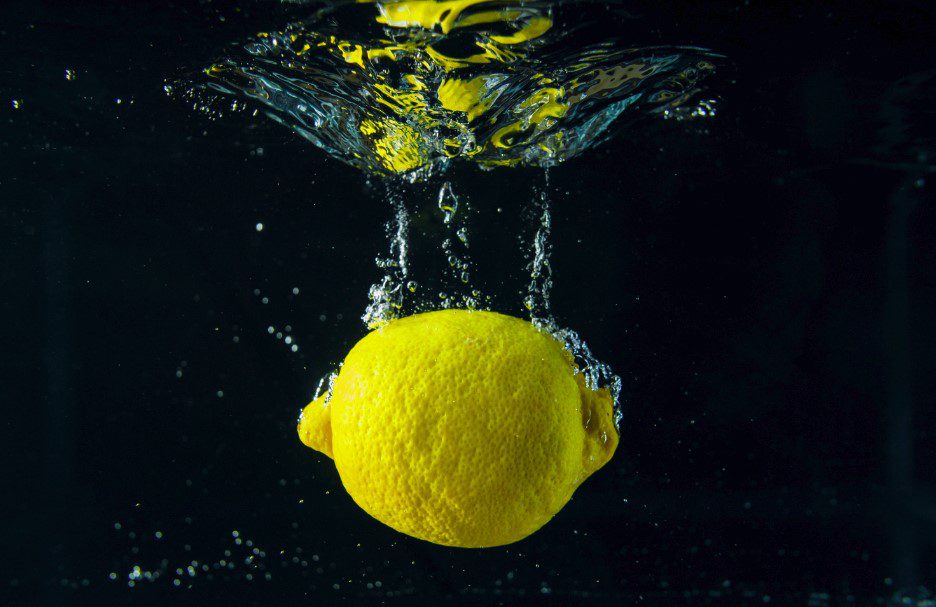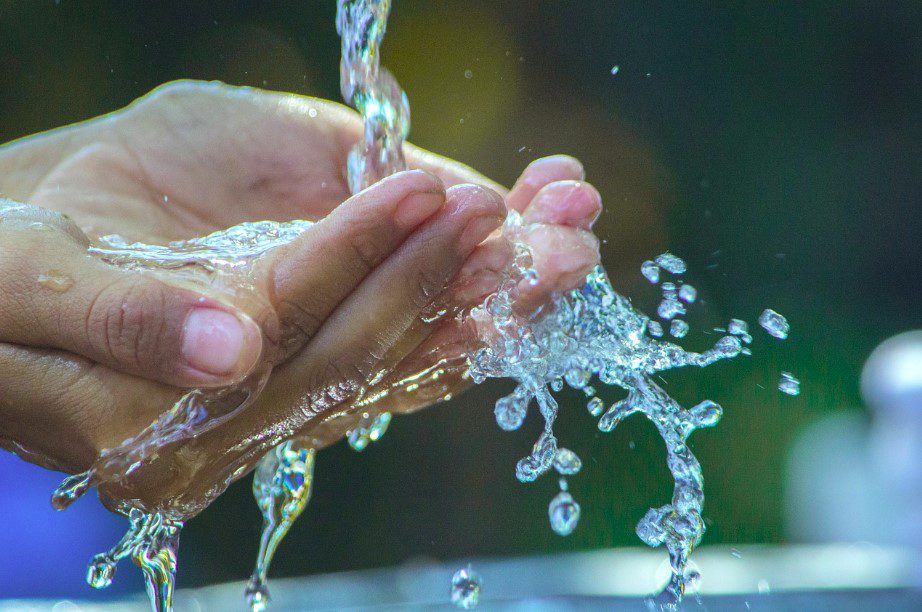Drinking water, while seemingly a simple activity, holds immeasurable power in the overall health and development of children. It nourishes, cleanses, and revitalizes every cell of the body, to ensure their well-being – from early on in life.
As an essential nutrient, it contributes to numerous physiological processes, including digestion, circulation, temperature regulation, and waste elimination.
And yet, water is often taken for granted, just like the air we breathe, and finds itself in the shadow of our daily routines.
The Value of Water in Child Health

Water is crucial for maintaining optimal health in children.
Here’s why:
1. Brain Function and Cognitive Performance
Dehydration can impair cognitive performance, attention, and memory in children. Studies have shown that even mild dehydration can lead to decreased alertness, difficulty concentrating, and fatigue.
Water is essential for maintaining proper hydration, and adequate hydration is crucial for optimal brain function. When children are well-hydrated, their brains can function at their best, allowing them to concentrate, focus, and think clearly.
For example, a study in the UK found that children who drank sufficient water throughout the day performed better in cognitive tasks compared to those who were dehydrated.
2. Digestion and Nutrient Absorption
Adequate water intake is crucial for proper digestion and nutrient absorption. Water helps break down food, aids in the digestion of nutrients, and supports the smooth movement of food through the digestive tract. And in any case, a robust gut health is an indicator of children’s overall health and wellbeing.
Insufficient water consumption can lead to constipation and gastrointestinal discomfort. By drinking enough water, children can promote healthy digestion and ensure the effective absorption of essential nutrients.
3. Physical Performance and Energy Levels
Water is essential for children’s physical performance and energy levels. During physical activities, especially in warm environments, the body loses water through sweat. Dehydration can result in reduced endurance, muscle cramps, and fatigue, hindering children’s ability to engage in physical activities and sports.
By staying well-hydrated, they can maintain their energy levels and improve their physical performance.
4. Regulation of Body Fluid Balance and Temperature
Proper hydration is essential for maintaining the body’s fluid balance. It is even very critical especially in children who are more susceptible to temperature fluctuations. Water helps regulate body temperature, lubricate joints, and transport nutrients to cells.
It also aids in the removal of waste products through perspiration, urine, and bowel movements. By staying hydrated, children can support these vital bodily functions.
By sweating, the body cools down, maintaining a stable internal temperature. In hot weather or during vigorous physical activity, children need to drink enough water to stay hydrated and prevent heat-related illnesses.
5. Water and the Immune System Support
Water plays a vital role in supporting the immune system of children. Staying hydrated ensures the proper functioning of immune cells, enabling them to defend the body against harmful pathogens.
For instance, a well-hydrated child is more likely to have a stronger immune response to infections, reducing the risk of illness.
6. Weight Management
Water plays a role in weight management for children. Drinking water can help curb appetite, prevent overeating, and promote a healthy metabolism. By encouraging water consumption instead of sugary drinks, parents can support their children in maintaining a healthy weight.
How to Know Children are Not Drinking Enough Water

Here are some signs to look out for that may indicate insufficient water intake:
- Dry or Sticky Mouth: If your child’s mouth feels dry or sticky, it can be an indication of dehydration. The lack of moisture in the mouth is a sign that the body needs more water.
- Decreased Urine Output or Darker Urine: Pay attention to your child’s urine color and frequency. If they are not urinating frequently or if their urine appears darker than usual, it may suggest dehydration.
- Fatigue or Lethargy: Insufficient water intake can lead to fatigue and low energy levels in children. If your child seems unusually tired or lacks energy, it could be a sign that they need more fluids.
- Few or No Tears When Crying: Tears are produced by tear glands, which require adequate hydration. If your child is not producing tears when they cry or if the tears seem limited, it may indicate dehydration.
- Sunken Eyes: Dehydration can cause the eyes to appear sunken or hollow. If you notice that your child’s eyes look unusually sunken, it’s essential to ensure they are drinking enough water.
- Irritability or Fussiness: Dehydration can affect a child’s mood and behavior. They may become more irritable, fussy, or have difficulty concentrating. If your child’s behavior seems out of the ordinary, dehydration could be a contributing factor.
- Dry Skin: Insufficient water intake can lead to dry and less elastic skin. If your child’s skin feels dry or lacks its usual suppleness, it may be a sign that they need more fluids.
- Headache or Dizziness: Dehydration can cause headaches and dizziness in children. If your child complains of a headache or feels dizzy, it’s essential to consider their hydration status.
Recommended Water Intake for Children
The recommended water intake for children varies depending on factors such as age, activity level, climate, and overall health.
The following table provides general guidelines for daily water consumption:
| Age Group | Recommended Daily Water Intake |
| 1-3 years | 1-1.3 liters |
| 4-8 years | 1.3-1.7 liters |
| 9-13 years | 1.7-2.4 liters |
| 14-18 years | 2.4-3.3 liters |
It’s important to note that these values are approximate and may vary for individual children. Encouraging children to drink water throughout the day and monitoring their urine color can be helpful indicators of adequate hydration.
How to Spice Up Water for Children

Oftentimes children are not interested in drinking water for various reasons. To make it more appealing and encourage them to drink it, add a twist of flavor without compromising its nutritional benefits.
Here are some ideas:
- Infused Water: Add slices of fruits like citrus (lemon, lime, or orange), berries (strawberries, raspberries), or cucumbers to a pitcher of water. Let it sit for a few hours to infuse the water with natural flavors. You can experiment with different combinations to find your child’s favorite.
- Herbs and Spices: Try adding a sprig of fresh mint, basil, or a sprinkle of cinnamon to a glass of water. These herbs and spices can provide a refreshing taste and some additional health benefits.
- Fruit Ice Cubes: Freeze small pieces of fruits like watermelon, pineapple, or grapes and use them as ice cubes in water. As the ice cubes melt, they’ll release their flavors into the water.
- Splash of Fruit Juice: Mix a small amount of 100% fruit juice (without added sugars) with water to give it a hint of fruity flavor. Be mindful of the quantity to avoid excessive sugar intake.
- Edible Flowers: Add a few petals of edible flowers, such as rose petals or lavender, to a glass of water. Not only do they provide a unique taste, but they can also make drinking water more visually appealing.
FAQs on Children and the Habit of Drinking Water

1: How can I encourage my child to drink more water?
Encouraging children to drink water can be challenging, but here are a few tips to make it easier:
- Make water easily accessible by providing a water bottle or jug that they can carry around.
- Infuse water with slices of fruits like citrus or berries to add natural flavor.
- Set a good example by drinking water yourself and showing enthusiasm for it.
- Make it a habit by incorporating regular water breaks during activities and meals.
- Involve children in choosing their own water bottle or cup with their favorite design.
2: Can my child drink other beverages instead of water?
While water should be the primary source of hydration, children can consume other fluids such as milk and 100% fruit juice in moderation. However, it’s important to limit sugary drinks, including soda, sports drinks, and fruit-flavored beverages, as they can contribute to excess calorie intake and dental problems.
3: How can I ensure my child stays hydrated during physical activities?
To ensure your child stays hydrated during physical activities:
- Encourage them to drink water before, during, and after exercise.
- Provide a water bottle and remind them to take sips regularly.
- Encourage breaks for water consumption during prolonged activities.
- In hot weather, seek shade and cooler areas to prevent excessive sweating and dehydration.
4: Can dehydration be dangerous for children?
Yes, dehydration can be dangerous for children if left untreated. Severe dehydration can lead to symptoms such as dizziness, rapid heartbeat, dry mouth, and decreased urine output. In extreme cases, it can even result in heatstroke or other medical emergencies. It’s important to recognize the signs of dehydration and seek medical attention if necessary.
5: Are there any signs of dehydration I should watch out for?
Yes, there are several signs of dehydration in children to watch out for, including:
- Dry or sticky mouth
- Fatigue or lethargy
- Decreased urine output or darker urine
- Few or no tears when crying
- Sunken eyes
- Irritability or fussiness
- Dry skin
- Headache or dizziness
If you notice any of these signs, encourage your child to drink water and consult a healthcare professional if the symptoms persist.
6. Can children drink too much water?
While it’s important for children to stay hydrated, excessive water consumption can lead to a condition called water intoxication or hyponatremia. This occurs when the body’s electrolyte balance is disrupted due to an excessive intake of water.
To prevent this, it’s best to follow the recommended daily water intake guidelines and consult a healthcare professional if you have concerns.
Conclusion
Water is a vital component of children’s overall health and development. By understanding its importance and encouraging adequate water intake, parents and caregivers can support optimal hydration and ensure children thrive.
Remember to prioritize water as the primary source of hydration, promote healthy drinking habits, and monitor signs of dehydration to safeguard the well-being of children.





Leave a Reply